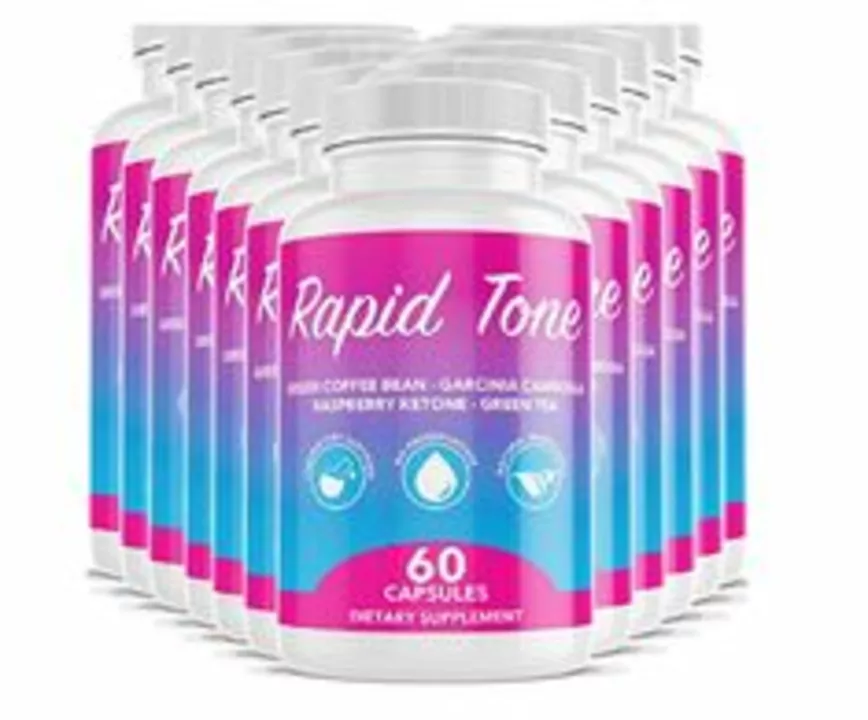Benefits: What Works, What Helps, and When to Care
Want straight talk about the benefits of medicines and supplements? You’re in the right place. This tag collects articles that focus on real, measurable benefits—how a drug or supplement can help you, who sees the biggest gains, and the safety trade-offs to keep in mind.
Some treatments bring fast relief (think rescue inhalers), others slow damage over months (like dementia meds). Knowing the difference matters. We break benefits down into easy takeaways: speed of effect, symptom reduction, quality-of-life improvements, and risk vs reward for your situation.
How we judge benefits
We look for clear, practical signals. Clinical trial results matter: did patients feel better, and how quickly? Real-world experience matters too—side effects and how people tolerate a drug in day-to-day life. For supplements, we check whether human studies back the claims, not just lab tests.
Here’s what we focus on when we say a treatment has a benefit: measurable symptom change, improved daily function, or a proven effect on disease markers. We always mention who benefits most—children, older adults, pregnant people, or those with specific conditions—and when to talk to your clinician first.
Quick, practical tips you can use
Ask three simple questions before you try something: What benefit should I expect and when? What are the common side effects? Does this interact with my other meds? If the benefit is small but the risk is high, you might skip it. If the benefit is fast and the risk is low, it’s often worth trying under guidance.
For example, rescue inhalers like albuterol and levalbuterol are chosen for speed. Dementia drugs such as Exelon aim to slow symptom decline, not cure the disease. Supplements like willow bark may help mild pain but often offer smaller benefits than prescription NSAIDs. We explain these differences plainly so you can decide.
We also flag red flags: online pharmacies with sketchy reviews, supplements that promise dramatic cures, and treatments that need lab monitoring. When dosing matters—kids and pregnant people need special rules—we highlight safe alternatives and clear dosing pointers.
Browse short, focused reads in this tag for topics like safer online pharmacies, alternatives to common drugs, supplements with real evidence, and condition-specific benefit guides. Each post gives practical next steps: who should consider the option, what to watch for, and when to consult a doctor.
If you want one practical habit: keep a short symptom log when you start a new medication or supplement. Note the start date, symptom scores, and side effects. That record helps you and your clinician judge whether the benefit is worth it.
Have a specific condition or product you want clarity on? Use the tag list below to find targeted guides—pain relief options, allergy substitutes, dementia treatments, and more. We keep the tone simple and the advice actionable so you can make smart health choices without the jargon.

